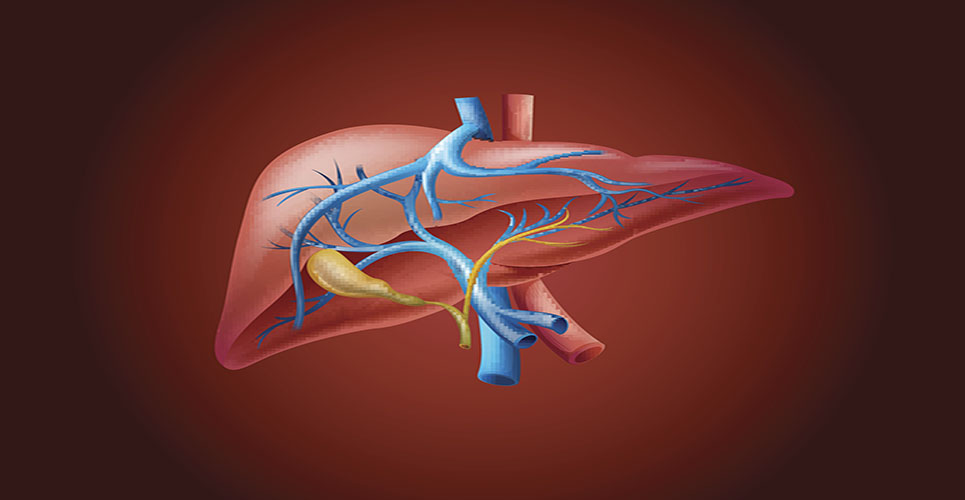teaser
New data presented today showed that, for the first time, doctors can predict which hepatitis B patients treated with Pegasys (peginterferon alfa-2a) have the highest chance to achieve a positive treatment outcome – and even a clinical cure.
The study results represent an important step forward, as some patients will now be able to feel confident during their Pegasys treatment about the likelihood of beating the disease.
Several studies at the major Asia-Pacific liver disease meeting (APASL) focused on measuring the decline in levels of a viral protein called surface or “s”-antigen, to provide insight into the likelihood of treatment success for patients treated with Pegasys. S-antigen clearance, considered a clinical cure, is associated with greatly reduced liver cancer, cirrhosis and an improved life expectancy.
“In treating hepatitis B, we need to change mindsets and raise expectations so that patients and physicians are focused on achieving the best possible outcome—clearance of the s-antigen.
These new data show that measuring s-antigen decline throughout treatment can help determine success in the long-term. Doctors can now therefore make a strong case to certain patients that Pegasys treatment may provide treatment success or even a clinical cure,” said Dr Patrick Marcellin, Professor of Hepatology at the University of Paris and Head of
the Viral Hepatitis Research Unit in Hôpital Beaujon, Clichy, France.
“Unlike anti-viral tablets for hepatitis B, which just reduce the number of viral copies, Pegasys also boosts the body’s immune system and mobilises it to fight the disease,” commented William M Burns, CEO Roche Pharmaceuticals Division.
“Due to these immune-stimulating effects, the number of patients treated with Pegasys who achieve a clinical cure has been shown to continue increasing for years after the end of
treatment. This supports its use as a first-line therapy for hepatitis B.”

